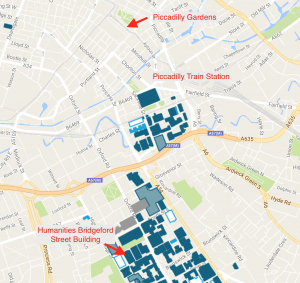Winter Workshop 2017
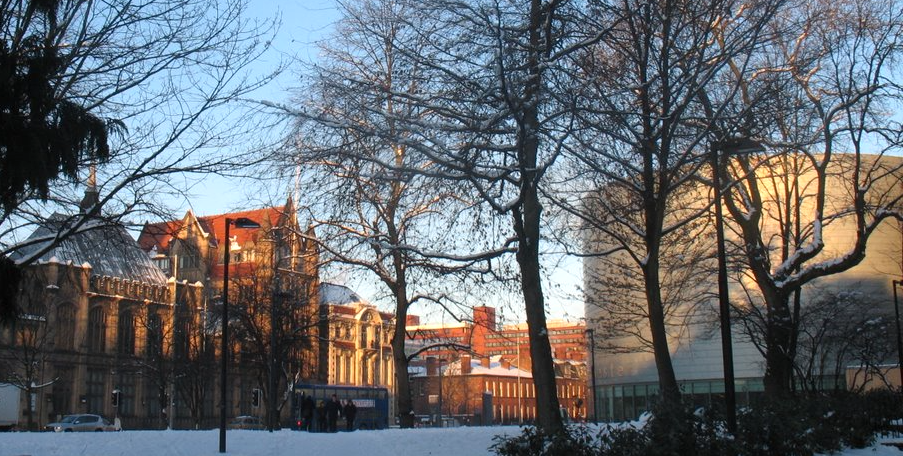
Early career // Social Learning and Cultural Evolution // Cross-disciplinary
Welcome!
We invite you to participate in our upcoming workshop for early career researchers studying social learning and cultural evolution. Whether you are a Master, PhD or Post-Doc, you are welcome to join our interactive meeting in January next year. Apply and find out more about the event below.
27th January 2017, University of Manchester
Update: Click here to read a summary of The workshop
Topics//Theme//Keynotes//Programme//Venue//How to get here//Who we are
Topics
The study of social learning and cultural evolution has many aspects, some of which are studied with humans or non-human animals, or using computers. It is a diverse field spanning as far as archaeology, biology, psychology, physics, and philosophy, and many others. This field has seen an explosive growth over the past decade. We begin to understand what culture actually is and how culture in humans is similar or dissimilar from animal culture. Research on whales and chimpanzees, even bumblebees, have shown that the fundamental mechanisms for culture are widespread in the animal kingdom. And yet, there are still so many things we do not understand. These are exciting times for our research field. Wouldn’t it be great to take this journey together?
Theme
We have an exciting day planned for you. The workshop is built around three themes: (1) getting to know each other, (2) exchanging ideas and visions about our research field, and (3) exploring ways for public outreach.
We want you to get the most out of this event. We know that all of you are passionate about your projects and we surely could fill several days with marvellous talks. However, instead of talks that would only allow a small number of people to have their say, there will be enough time for you to interact throughout our activities and communicate your research during the poster sessions.
We have three great activities planned for you. We don’t want to spoil the surprise, but we can say that much: the activities will allow you to exchange your ideas with other researchers from your field, but also interact with those who have a completely different background. This is not only a great opportunity to find like-minded colleagues but also future collaborators. As part of the workshop, we want to identify the big questions, obstacles, and future directions in the study of cultural evolution, and you will have your say. Finally, as it has become vital for scientists to communicate their work to a broader audience, we will explore opportunities for public outreach and help you to get your work out there.
We hope this sounds interesting to you and you are as excited as we are. Please, use the button at the top of the page to apply for the event. There is only a limited number of places for this workshop so apply as soon as you can.
And if you are not fully convinced yet, there is one more thing: this event is going to be free to attend. See you in January!
Keynotes
We are happy to announce the two keynote speakers for this workshop. The topics will be announced soon, but here is some information about the speakers.
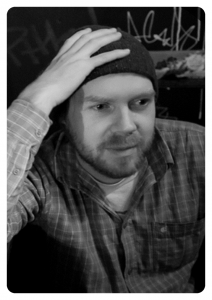 |
Olli Loukola, PhD, website (Queen Mary University, London) Olli is broadly interested in animal behaviours and cognition, especially social learning. His research focuses on information use within and among species and its ecological and evolutionary implications. In his latest projects, he and his colleagues show that the fundamental mechanisms for culture can be found in bumblebees and that even small brained insects can display a goal-oriented behaviour for which evolution has not provided them with a rigid adaptation. |
 |
Eva Reindl, Phd Student, website (University of Birmingham) Eva investigates young children’s ability to spontaneously use and make tools to solve novel problems. She is also interested in cumulative culture, especially its ontogenetic origins and cognitive pre-requisites. |
Programme
We want you to feel welcome right from the first day. So, in case you arrive a day earlier or stay a day longer, we will organise a friendly get together (which usually involves a pub at some point in the evening). For the actual workshop we have the following schedule (you can find a PDF version of the programme and the poster abstracts here):
| Time | Friday, January 27th 2017 |
|---|---|
| 08:15– 09:00 | Registration (put up posters) |
| 09:15 – 09:30 | Welcome |
| 09:30 –10:30 | Keynote |
| 10:30 – 10:45 | Short coffe break |
| 10:45 – 11:45 | Activity 1 |
| 11:45 – 12:45 | Lunch + Posters |
| 12:45 – 13:45 | Activity 2 |
| 13:45 – 14:15 | Coffee + Posters |
| 14:15 – 15:15 | Activity 3 |
| 15:15 – 15:45 | Coffee + Posters |
| 16:15 – 17:15 | Keynote |
| 17:15 – 18:15 | Open discussion about YSLR and future projects/events |
| 17:30 – 18:30 | Closing remarks + Drinks |
Venue
The conference will be at the University of Manchester, Hanson Room, Bridgeford Street Building, Manchester, M15 6FH (see map).
How to get here
By plain: If you arrive by plane at Manchester airport you have three options to get to the city centre: take the bus (route 43, slowest), the tram (Metrolink), or the train (fastest) towards Piccadilly. All options cost about the same (£3-5). You might want to consider a return ticket, which often turns out cheaper than two single tickets. If you take the train to Piccadilly train station, walk to Piccadilly Gardens bus station (see map). Bus routes 42, 43, 142 and 143 will take you to Oxford Road through the main University Campus.
By train: If you arrive at Oxford Road train station, walk down Oxford Road till you reach the University Place building (about 20 min) or take one of the buses on route 42, 43, 142 or 143, which will take you through the University Campus. Should you arrive at Piccadilly train station, walk to Piccadilly Gardens bus station (see map). Again, buses on the route 42, 43, 142 and 143 will take you to Oxford Road through the main University Campus.
Where on campus: Hanson Room, Bridgeford Street Building, Manchester, M15 6FH (see map). The bus stop closer to the Bridgeford Street Building is located right after the University Place building – a large circular building with the writing University of Manchester on the front. Best is to ask the bus driver for the Student Union bus stop. An interactive map to move around the campus can be found here.
Support
The YSLR Winter Workshop 2017 is kindly supported by The Company of Biologists and the School of Earth and Environmental Sciences in the Faculty of Science and Engineering, Manchester.
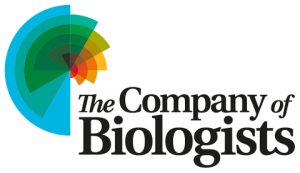 |
 |
Who we are
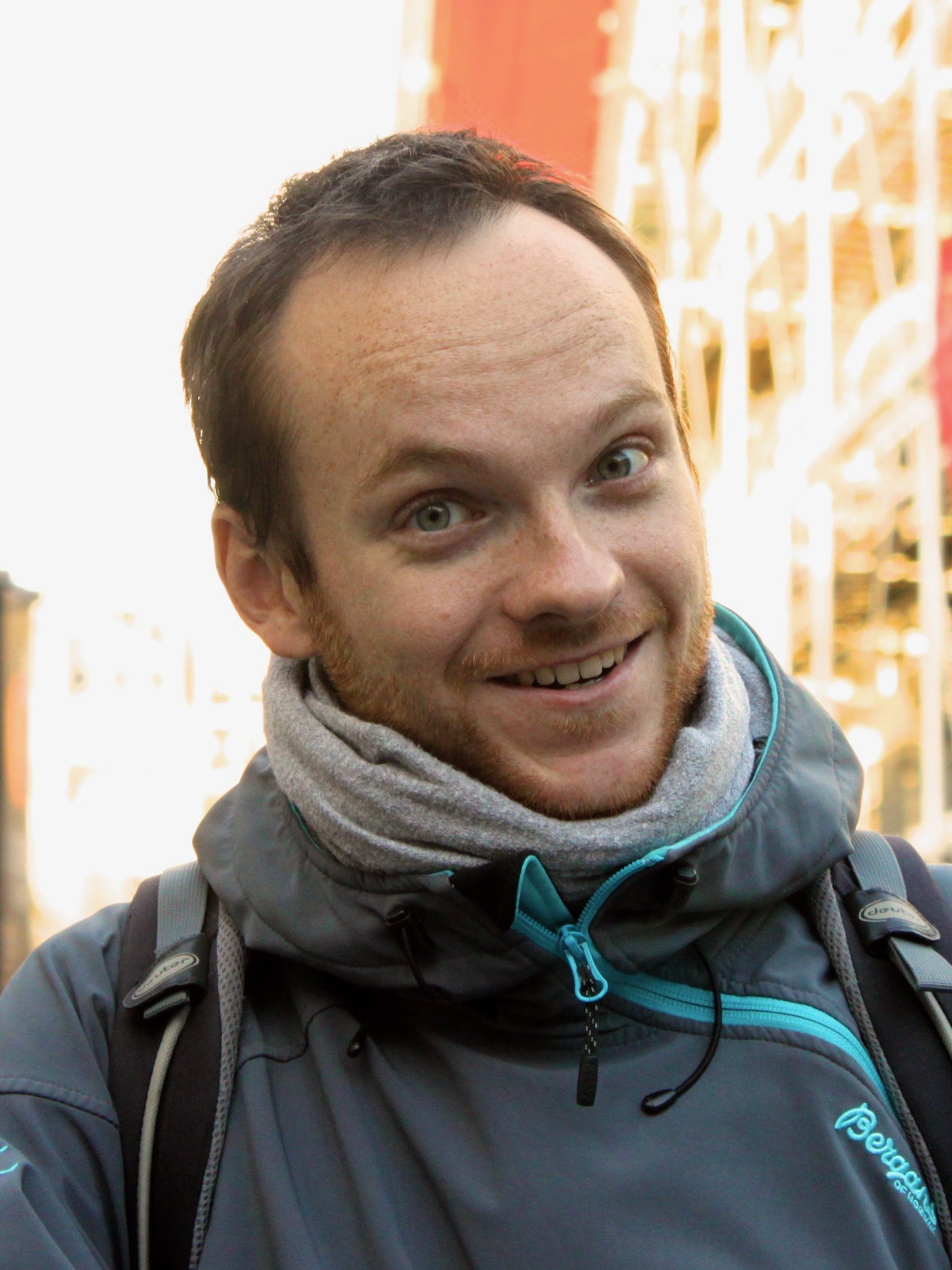 |
Marco Smolla, PhD student (University of Manchester) When should who learn what from whom? Culture is a complex phenomenon, emerging from interacting, interdependent agents, governed by overarching mechanisms. I am interested in understanding these mechanisms, and study the conditions that support the evolution of social learning and how individual differences might effect modelling results. |
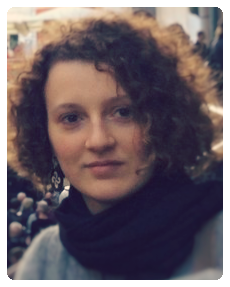 |
Edith Invernizzi, Master Student (University of Manchester) I am about to graduate from a Master of Philosophy in Human Behavioural Ecology. I am interested in human cultural evolution, the emergence of cultural traits and the interaction with other cultural elements and social organisation. |
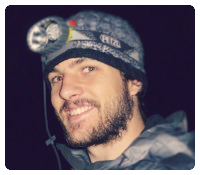 |
Stephen Heap, Post-Doctoral Researcher (University of Jyväskylä) The tension between the individual and the collective is a central theme for explaining biological complexity and organisation, including the evolution of culture. I study the emergence of cooperative social systems and the transmission of social information with respect to this tension, primarily in humans. |
